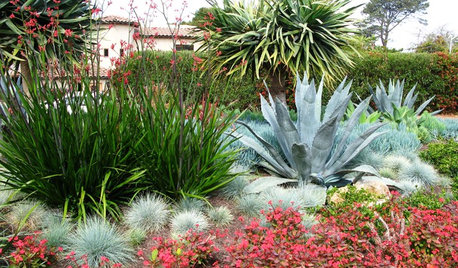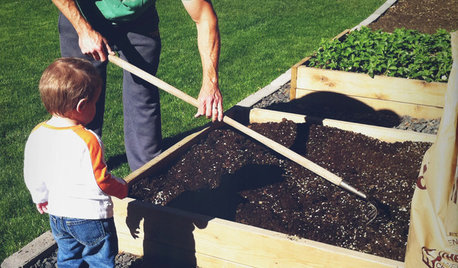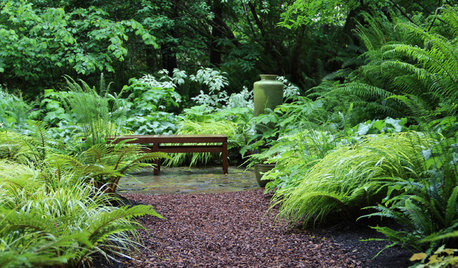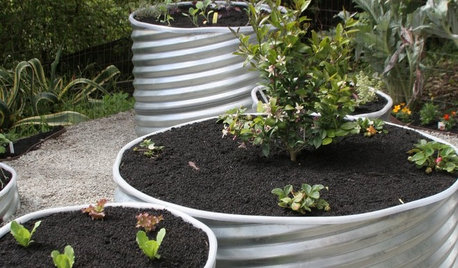Organic Garden Soil / Raised Beds?
m1chael
12 years ago
Featured Answer
Comments (18)
bi11me
12 years agomaplerbirch
12 years agoRelated Professionals
Berwyn Landscape Contractors · Fort Myers Landscape Contractors · North Haven Landscape Contractors · Oviedo Landscape Contractors · Roswell Landscape Contractors · Saint George Landscape Contractors · Setauket-East Setauket Landscape Contractors · Stony Brook Landscape Contractors · Tacoma Landscape Contractors · Wentzville Landscape Contractors · Fredericksburg Decks, Patios & Outdoor Enclosures · Hyattsville Decks, Patios & Outdoor Enclosures · Lake Morton-Berrydale Decks, Patios & Outdoor Enclosures · West Chester Decks, Patios & Outdoor Enclosures · Tysons Corner Stone, Pavers & ConcreteJon_dear
12 years agom1chael
12 years agofreedee
12 years agojolj
12 years agoHIWTHI
12 years agoleira
12 years agorockguy
12 years agodeerbones
8 years agokimmq
8 years agodeerbones
8 years agopeter_6
8 years agokimmq
8 years agogardengal48 (PNW Z8/9)
8 years agomerjisa
7 years agolast modified: 7 years agoMike D
7 years agolast modified: 7 years ago
Related Stories

GARDENING GUIDESGet the Dirt on Your Garden’s Soil
Understand how your soil supports your plants so you can ensure your garden’s success
Full Story
GARDENING GUIDESGrow a Beautiful Garden in Alkaline Soil
Got alkaline soil? Learn how to manage it and the many beautiful plants that will thrive in this ‘sweet’ soil
Full Story
GARDENING GUIDESGardening Solutions for Dry, Sandy Soils
Has your desert or beachy site withered your gardening creativity? Try these ideas for a beautiful, easy-care landscape
Full Story
GARDENING AND LANDSCAPINGBuild a Raised Bed to Elevate Your Garden
A bounty of homegrown vegetables is easier than you think with a DIY raised garden bed to house just the right mix of soils
Full Story
GARDENING GUIDESGardening Solutions for Heavy Clay Soils
What’s a gardener to do with soil that’s easily compacted and has poor drainage? Find out here
Full Story
FARM YOUR YARDHow to Get Good Soil for Your Edible Garden
The nutrients in your soil feed the plants that feed you. Here are tips on getting it right — just in time for planting season
Full Story
GARDENING GUIDES10 Solutions for Soggy Soil
If a too-wet garden is raining on your parade, try these water-loving plants and other ideas for handling all of that H2O
Full Story
GARDENING GUIDESHow to Stop Worrying and Start Loving Clay Soil
Clay has many more benefits than you might imagine
Full Story
GARDENING GUIDESThe Poop Scoop: Enrich Your Soil With Good Old Manure
Get over the ick factor already — this natural super-ingredient for soil has so many benefits, you'll wonder why you ever went chemical
Full Story
GARDENING GUIDES8 Materials for Raised Garden Beds
Get the dirt on classic and new options for raised vegetable and plant beds, to get the most from your year-round garden
Full Story






Kimmsr